Ali Akbar Velayati was speaking to Leader’s official website reporter on Tuesday, where he touched upon recent nuclear developments in the UN Security Council and other relevant issues of impact on Iran’s foreign policy in the region.
He said that even after the deal with the west, Iran would not abandon its regional foreign policy; “neither Iran’s defensive nor missile capabilities would be reduced,” Mr. Velayati said.
He also reiterated the generally accepted position of the Islamic Republic that sanctions had not been a major contributor to Iran’s coming to negotiation table; “I think that the US officials would have imagined that abusing the negotiation atmosphere, they could advertise the misconception that their economic pressures brought ultimately a fruit: Iran coming to negotiate its nuclear program; this is an inaccuracy. Iran had been subject to sanctions since the Revolution of 1979, when the international community refused to sell us even a bullet,” Velayati argued, “sanctions did hit Iranian economy; however, it brought about a national will to find new solutions to pressing problems in new scales not imagined before; it hit most hard the oil and gas sector when the government was working to cut the independence on oil in national economy,” he added.
“During the war, we had been sanctioned. We however managed to procure Scud B missiles from Libya, North Korea and other countries before moving toward actually manufacturing these missiles later,” Velayati told the Leader’s website. “A common misunderstanding would be a claim by some domestic circles to consider path to talk to the US open; however, as Leader had recommended to government officials, negotiation would only and solely cover the nuclear program; in other areas as well, such as Afghanistan and Iraq, under the UN framework, we negotiated with them, since they were in a need to talk to Iran at that time; they would also welcome talking to Iran on issues of Syria and Yemen, but no government officials would have the mandate to negotiate with the US over the regional matters,” he emphasized.
“Our regional policies would undergo little or no change; the Islamic Republic of Iran will bolster Resistance axis; we are resolved to support Iraqi government and people in their fight against terrorists; Iran will also support Syria, Lebanon, and Yemen in tackling terrorism which would inflict damage on all countries, even Arab countries; this I would deem a humanitarian duty; keeping terrorists at bay would actually translate into defense of Islamic Republic of Iran’s existence and territorial integrity; we could not remain indifferent to what happens in neighbor countries; we should act ahead of others in challenging US and its allies’ interference and presence in the region; this is an important part of Islamic Republic’s strategy,” Velayati detailed.
“From a preliminary examinations, we know that the agenda for our negotiators had been not to be given in a bad deal; however, there are some trade-offs in the negotiations; that is, a good deal is where our negotiators work to secure a deal with most positive results for Iranians; the fact that negotiators had pitfalls and upsides is not to be disputed; they would not claim that the deal is an ideal deal for us either; this is the nature of any negotiation; there is always a midway where both sides agree; this middle point should provide for the interests of both sides,” said the Leader’s adviser.
“In terms of capabilities and leverage, Iran’s international political efficiency intends to soar with those of the members of the 5+1; Iran had ample opportunities and advantages, which makes it fit or capable enough to reject the deal or approve it; the national expediencies would govern the refusal or approval of the deal; I would tell the media that Iran is an influential country in the region; it is without any precedent that a country in the caliber of Iran would sit in a negotiation and hit a deal with six world powers,” Velayati said, “and which manages its fears and shortages vis-à-vis these six powers,” he concluded.

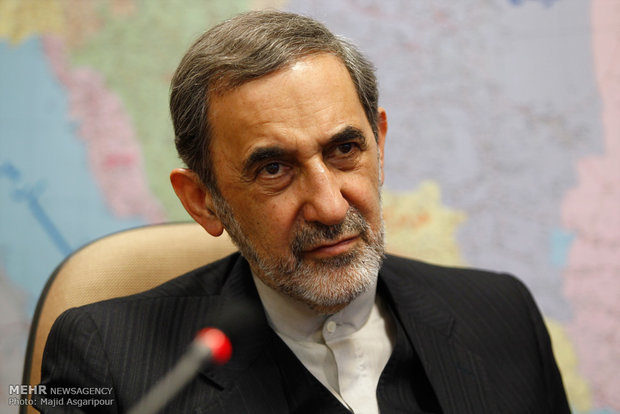

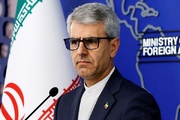
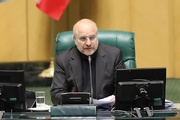
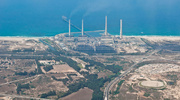
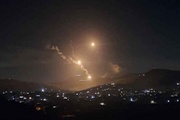
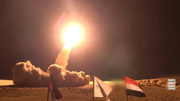
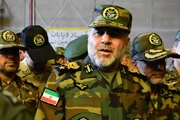
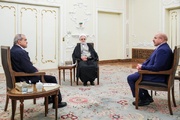
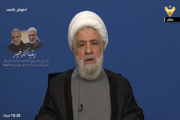
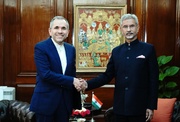
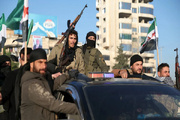




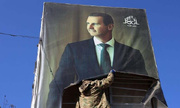
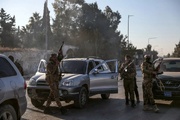


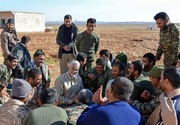
Your Comment